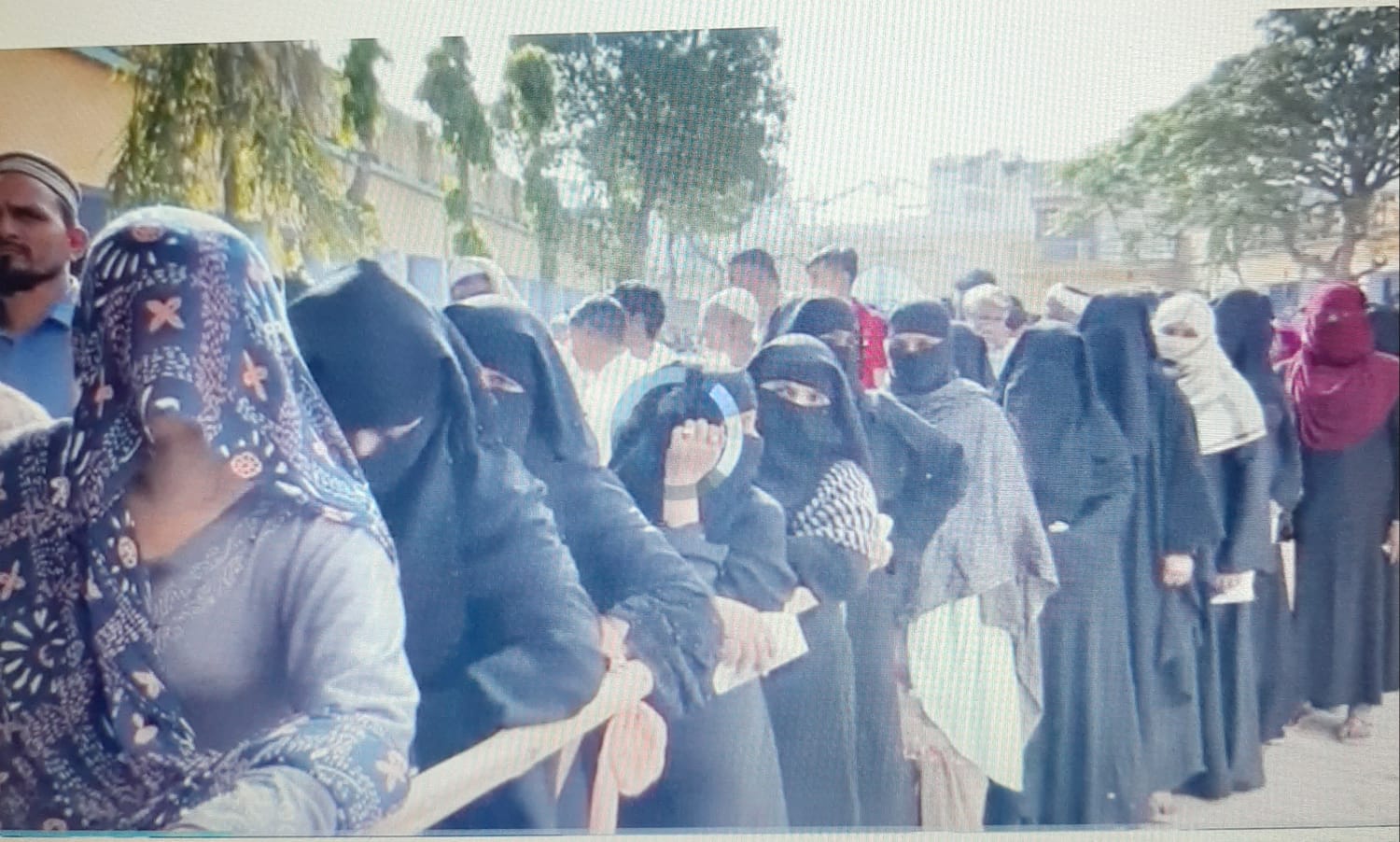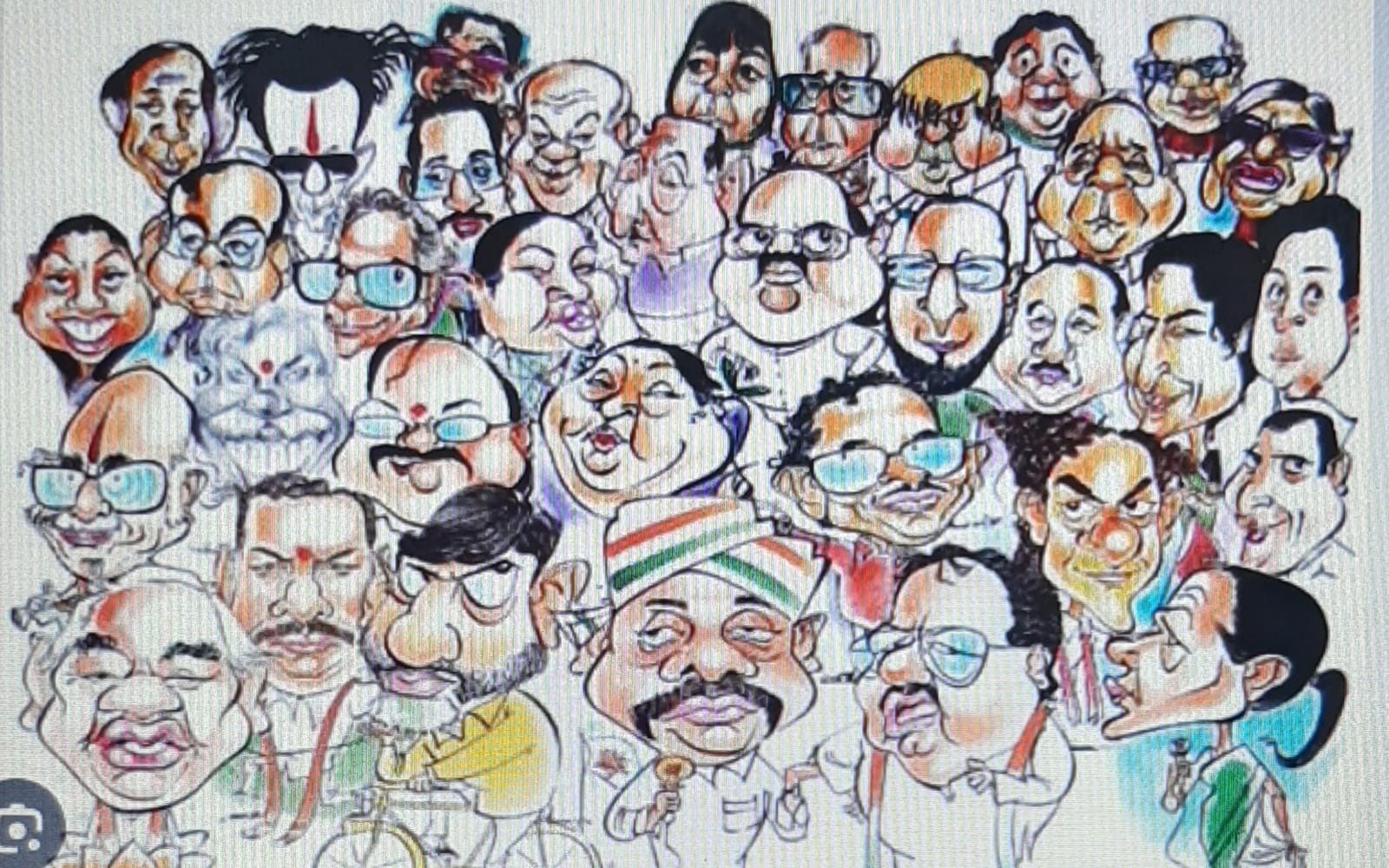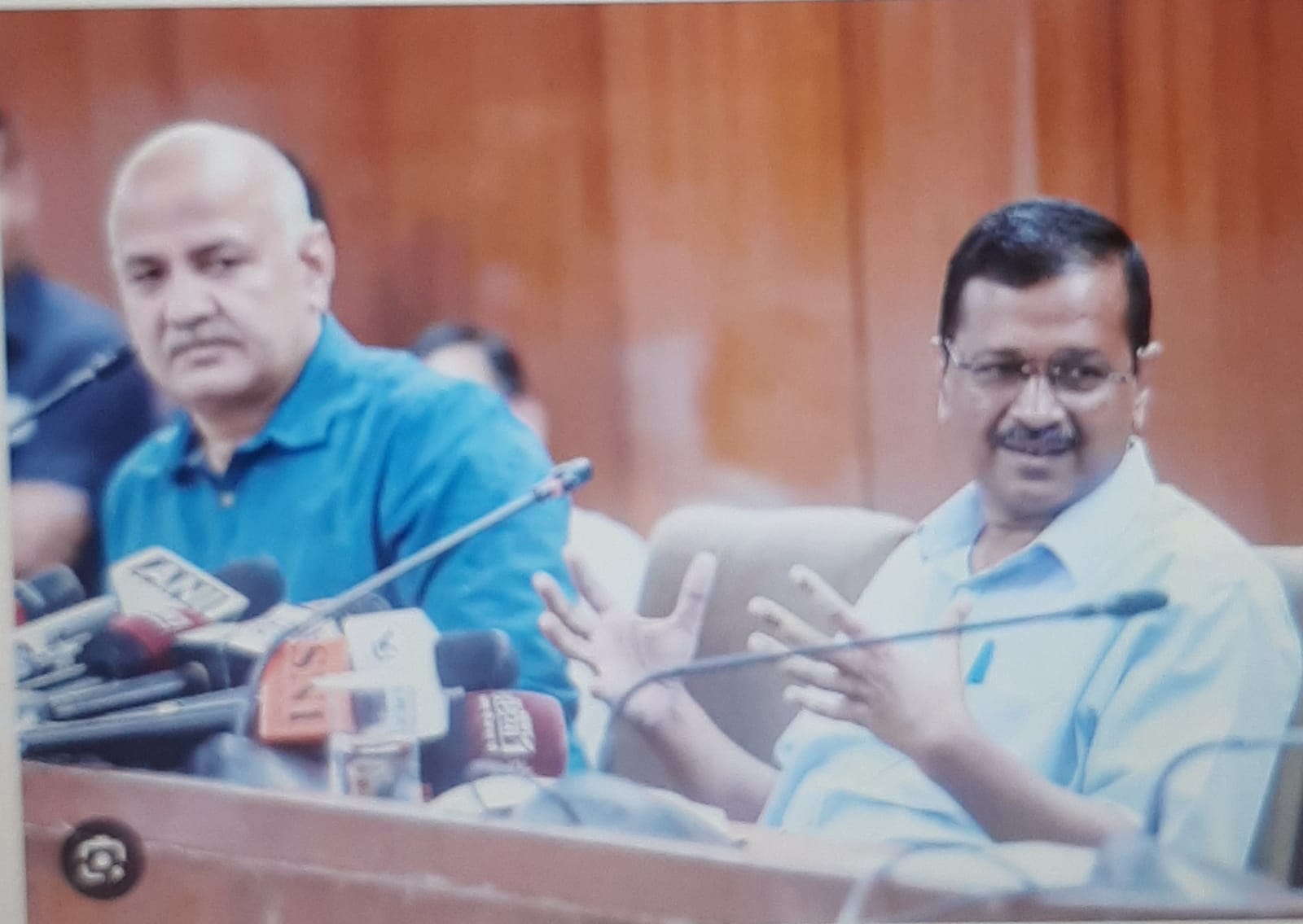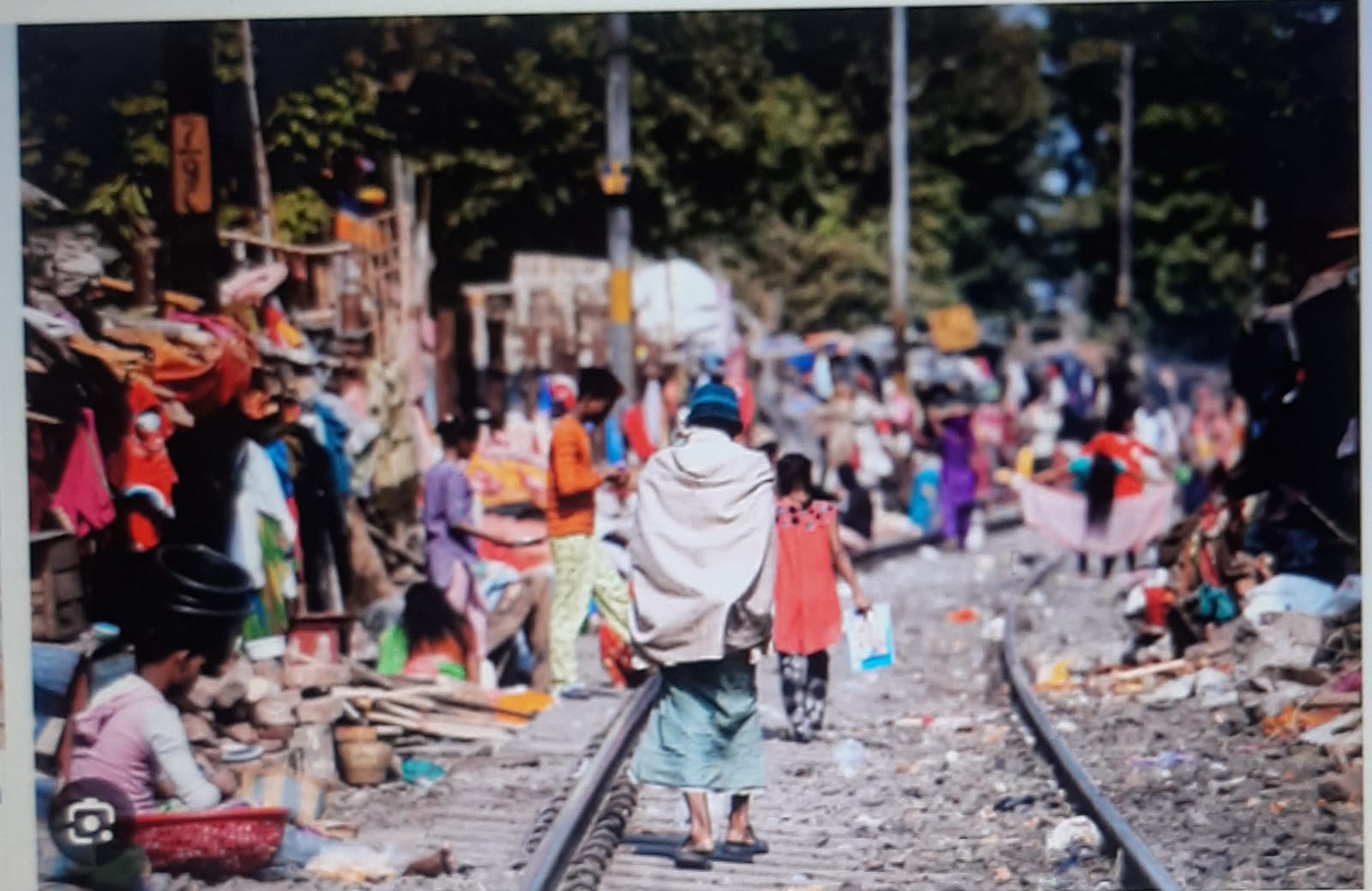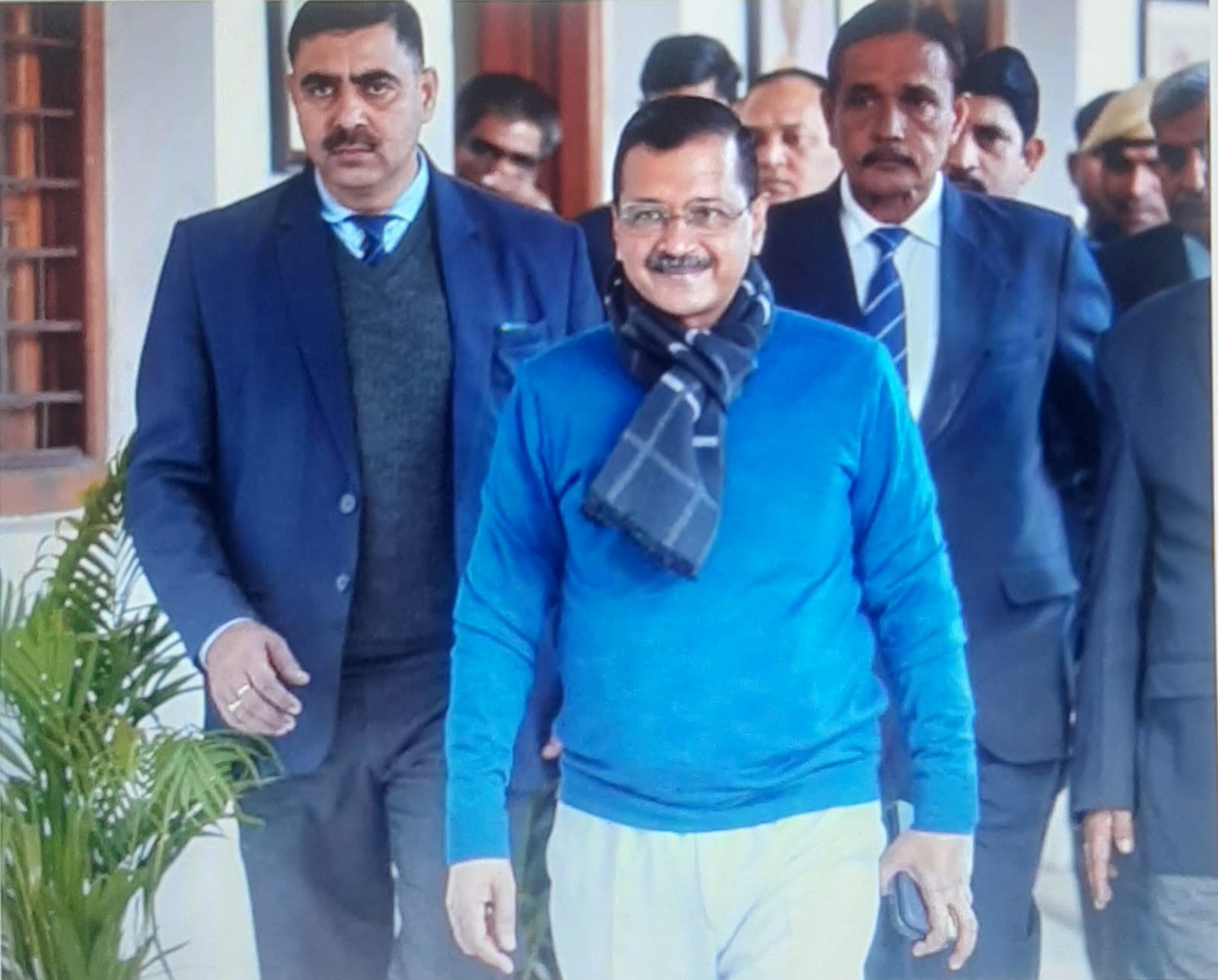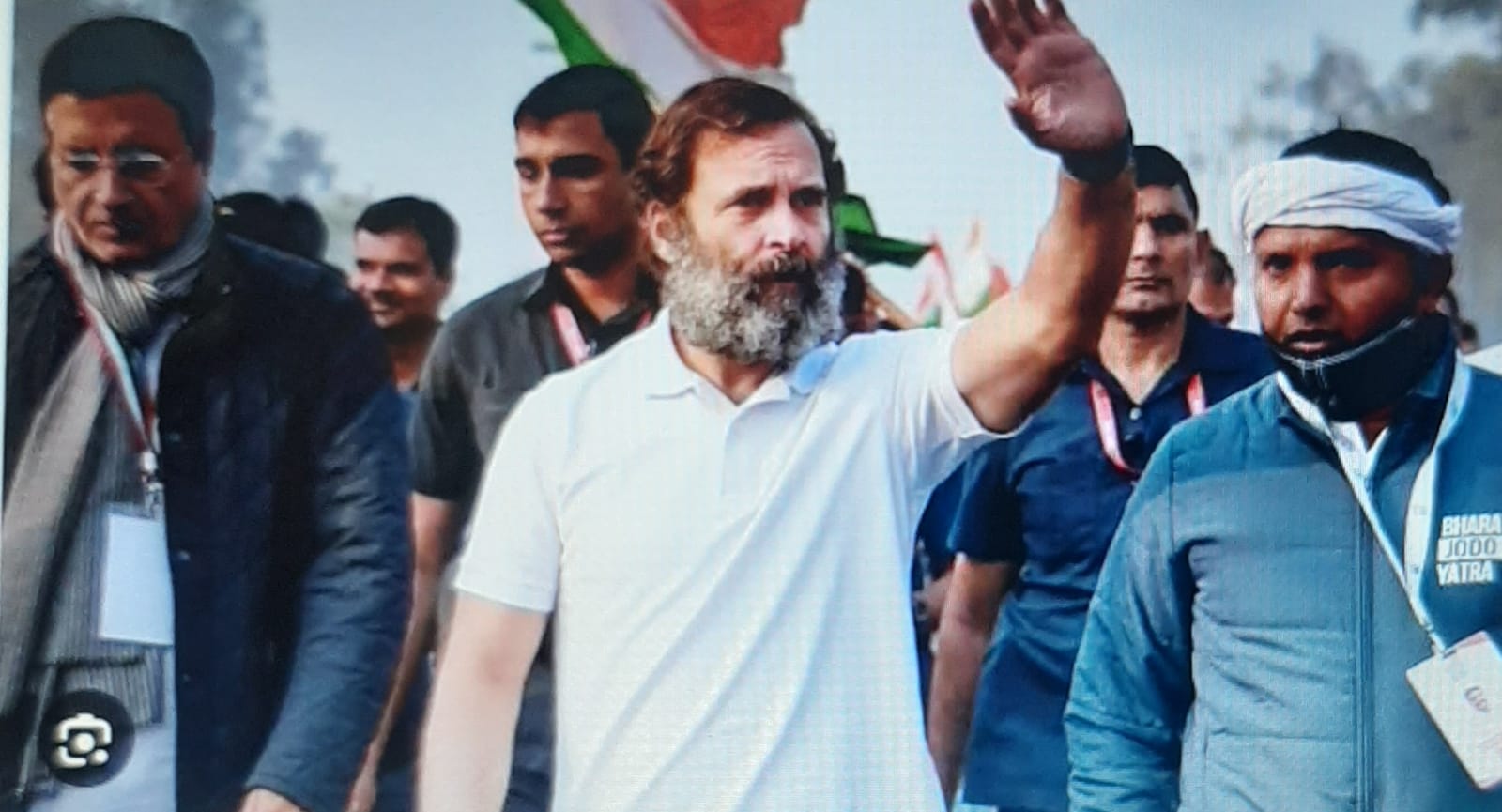
VS Pandey (Ex-IAS) Former Secretary Government of India
Recently newspapers have reported that central government is mulling bringing about changes in the process of allocation of services and the state cadres. Basically the present system of allocation of services to successful candidates in civil services exam is based on the marks and ranks awarded to them by the Union Public Service Commission (UPSC). These ranks also become basis for allocation of state cadres to those opting for all India services like IAS and IPS. All this is going to change if the new thought process is to be put in action. Now it is proposed that the performances of the selected officers , during the three odd months that they spend during foundation course held in Lal Bahadur Shastri National Academy of Administration Mussoorie and in other academies, will become an important criterion in determining the service and the state cadres that will be allocated to them. This proposed change has opened a Pandora’s box with many experts arguing that this will finish the credibility and impartiality the UPSC conducted civil services examination enjoys in the eyes of the people of our country.
It goes without saying that UPSC has been extremely successful in maintaining the credibility and fairness of the civil services exams (CSE) . Hence any proposal to the existing system should be carried out after thorough deliberations and consultations with all the stake holders. One should have no hesitation in saying that this one institution ,UPSC, has maintained the sanctity and fairness of the CSE exam for nearly seven decades when other major constitutional institutions have floundered and failed to serve the nation impartially. The question that needs to be asked is why suddenly the government has decided to express more faith in the evaluation capacity of training institutions like Lal Bahadur Shastri National Academy of Administration and others vis-Ã -vis
The UPSC is supposed to be epitome of conducting fair evaluation of the capacity and suitability of the various aspirants to man various top level jobs and services in the country. This question needs to be urgently answered by the government before proceeding any further with the proposed reforms . Let us remember that ill-conceived and hasty decisions by Government of India in tinkering with the civil services examination process in the past have already diluted the credibility of the CSE in the eyes of the public . The proposed reforms are being perceived by those ,who have worked within the system and have interacted with the system over a long periods of time, in an attempt to interfere with the fair and transparent process put in place by the UPSC over a period of time, for allocation of services and state cadres based on merit. One may argue here that the central government is concerned about the poor delivery of services to people at large and lack of proper governance in our country , so wants to make it more accountable and delivery oriented. No one is denying the fact that systems should not remain static and resist status quo, but one should change the system for the better and not to make it worse. All the IAS officers are trained in the Lal Bahadur Shastri National Academy of Administration , Mussoorie . and I am sure that many will agree that the LABASNA and other academies are neither tuned nor equipped to take up the task of evaluating the trainee officers to match their suitability to various kinds of job profiles in Government of India.
Apprehensions have also been raised that the officers posted in various Academies , barring their Director, do not possess enough experience to carry out the responsibility of making a fair assessment of the capabilities and suitability of the trainee officers for various kinds of job profiles. Secondly , if the assessment done in academy is to decide the career path of trainees to such an extent, then fairness , objectivity and impartiality will be the biggest casualty and sycophancy , nepotism , political pressures , interference by powers that be will have a free run to decide which service and which cadre a particular candidate will be assigned to. This will eliminate fairness and integrity and encourage the probationers to indulge in cut throat competition amongst themselves to curry favours of the power that be.
At present also , all the all India officers are judged in their respective academies through exams and extracurricular activities and awarded marks which get added to the marks obtained by them in UPSC exams and the total marks determine their inter se seniority in the batch . So officers seniority does get affected by their performance during the training period but marks awarded by UPSC only goes to determine the service allocation and the state cadres that they will be allocated to .
Lastly , we have caused enough damage to our established and functioning systems through our thought less reforms in the past like ill-conceived Kothari Commission report recommendations to introduce Preliminary exams to remove non serious candidates, judging candidates suitability for various services by awarding separate marks in personality tests, putting different – different cut off marks secretly for different subjects in preliminary exams. Similarly making the CSE exams totally based on general awareness test thus causing great disadvantage to rural based candidates, has already costed us dearly by denying talented candidates from entering civil services.
Time has come to reverse these thoughtless experiments. Restoring to probity in bureaucracy is long overdue. The moot question is why corrupt and non performing officers have not only been allowed to continue but have been patronized by Central and State governments, of every hue in Independent India. When will we stop this mindless tinkering and stringently punish the corrupt bureaucrats brazenly looting, flouting laws with impunity, and impoverishing billions?


